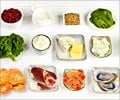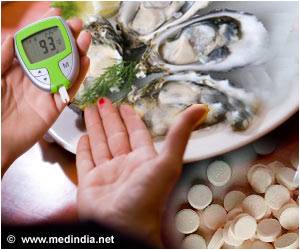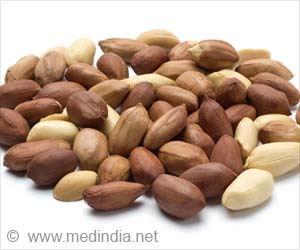A moderate 4-mg/d increase in dietary zinc, similar to that which would be expected from zinc-biofortified crops, improves zinc absorption.
Highlights
- Four milligrams of extra zinc in the diet helps fight infections and disease.
- Biofortification techniques modestly elevate the zinc content of cereals.
- Leukocyte DNA strand breaks decreased with increased dietary zinc, and the level of proteins involved in DNA repair and antioxidant and immune functions were restored.
"We were pleasantly surprised to see that just a small increase in dietary zinc can have such a significant impact on how metabolism is carried out throughout the body," says King.
"These results present a new strategy for measuring the impact of zinc on health and reinforce the evidence that food-based interventions can improve micronutrient deficiencies worldwide."
Zinc is ubiquitous in our body and facilitates many functions that are essential for preserving life. It plays a vital role in maintaining optimal childhood growth, and in ensuring a healthy immune system. Zinc also helps limit inflammation and oxidative stress in our body, which are associated with the onset of chronic cardiovascular diseases and cancers.
Around much of the world, many households eat polished white rice or highly refined wheat or maize flours, which provide energy but do not provide enough essential micronutrients such as zinc.
In the randomized, controlled, six-week study the scientists measured the impact of zinc on human metabolism by counting DNA strand breaks. Eighteen men participated in a 6-wk controlled consumption study of a low-zinc, rice-based diet. The diet contained 6 mg Zn/d for 2 wk and was followed by 10 mg Zn/d for 4 wk.
According to King, these results are relevant to the planning and evaluation of food-based solutions for mitigating the impact of hidden hunger and malnutrition. King believes that biofortification can be a sustainable, long-term solution to zinc deficiency.
Reference
- Sarah J Zyba et al., A moderate increase in dietary zinc reduces DNA strand breaks in leukocytes and alters plasma proteins without changing plasma zinc concentrations, The American Journal of Clinical Nutrition (2016) http://dx.doi.org/10.3945/ajcn.116.135327.
Source-Medindia















